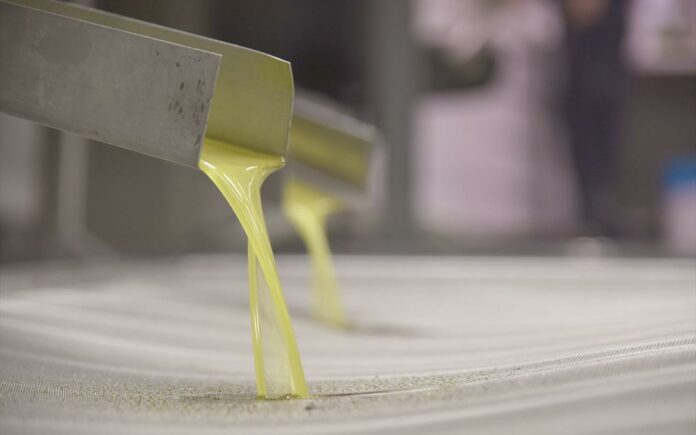The percentage of irregular-adulterated standard olive oils in supermarkets is rapidly increasing amid a jump in olive oil prices.
Since 2019, irregularities-adulterations in standardized olive oils have been increasing, reaching almost 15% of the total samples of the audits in 2022. The majority of the samples concern organoleptic characteristics which are not consistent with what is stated on the product label.
According to information, such practices have been recorded in recognizable brands that appear in the “top five” choices of consumers. This development is a big “defeat” both for the industry, which has been struggling for years to convince of the superior value of standardized oil over bulk tin and at the same time is faced with unfair competition.
The Hellenic Food Authority (EFET) figures for an increase in fraud
According to the EFET data, in the four-year period 2019-2022 there is a sharp escalation of irregularities in standardized olive oils.
More specifically, 14.6% out of 191 samples proved in 2022 not to meet the conditions of labelling, authenticity, and adulteration. It should be noted that in 2022, a 41% lower number of samples were examined given the smaller production than in 2021, when samples amounted to 327, of which 9.4% were non-compliant, which translates into a resounding increase in adulteration in just one year. In the period 2019-2022, 7.1% of a total sample of 1,067 standardized olive oils were adulterated.














